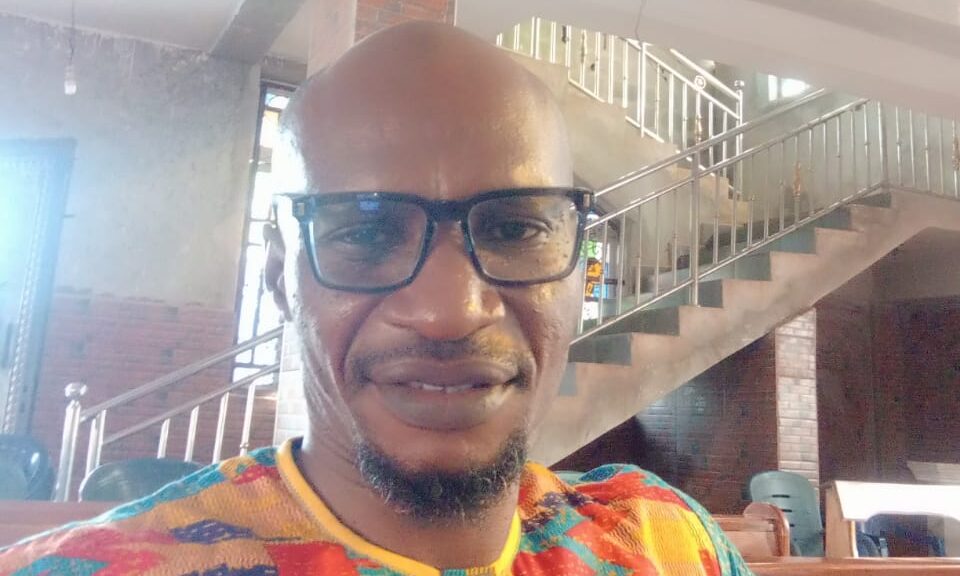I remember sitting in a crowded Lagos bus when the news crackled through a fellow passenger’s phone: “First Lady Oluremi Tinubu raises ₦20.4 billion for the National Library project.” A murmur ran through the bus. One man chuckled bitterly, shaking his head as if the headline confirmed what he already knew. A woman beside him muttered, “So libraries now need charity before we can read?” The bus grew louder, each passenger layering their frustrations into the air like a patchwork quilt of discontent.
The National Library of Nigeria has been an unfinished story for decades. Construction began in 2006, with promises that it would be a beacon of knowledge and a sanctuary for generations. Yet year after year, its completion stalled, the site a ghost of what could have been—a skeletal building that became a metaphor for our nation’s unfinished commitments. Successive budgets carried its name like a tired refrain, but real progress never came. Then, suddenly, the First Lady’s fundraiser unlocked ₦20.4 billion in pledges, as if the state had been waiting all this time for a philanthropist’s touch.
But this gesture, however noble, raises a troubling question: What does it mean when the cornerstone of national knowledge must beg for alms?
In a small university town, a student named Chidera struggles daily in a library where textbooks date back to the 1990s. Her course on international relations relies on material written before social media even existed. “We are learning from fossils,” she once joked, though her laughter was weary. For her, the news of billions being raised for a national library in Abuja feels distant, almost unreal—like hearing about a banquet while she eats crumbs.
And then there’s Ibrahim, a retired librarian I met in Kano, whose eyes lit up when he spoke of the dreams he had as a young man: a Nigeria where every child could walk into a library and feel the world open before them. “Now,” he sighed, “even our libraries look like warehouses.” To him, the ₦20.4 billion was not just a sum of money but a mirror reflecting decades of neglect, where the government’s priorities were loud elsewhere—on convoys, renovations, and political campaigns—while silence reigned in the halls of learning.
Data tells the same story. Nigeria spends less than 8% of its national budget on education, far below UNESCO’s recommended 15–20%. Meanwhile, billions are allocated annually to non-essential projects, from inflated contracts to the upkeep of government residences. The contrast is stark: the same state that struggles to fund libraries and schools finds little difficulty approving funds for luxury SUVs for legislators.
Public reactions online echoed this frustration. On X (formerly Twitter), one user wrote: “₦20.4 billion raised for a library. But why should Nigerians celebrate when this was the government’s job in the first place?” Another quipped: “We’ll have a shiny library building but who will fill it with books?” Beneath the sarcasm lies a deeper unease: Nigerians fear that fundraising, without transparency, may simply become another avenue for waste.
It would be unfair to dismiss the First Lady’s efforts entirely. Mobilizing donors is no small feat, and libraries are indeed worth every naira. But the symbolism is undeniable: if a nation cannot fund its own library—the keeper of its memory and imagination—what hope remains for the countless other neglected sectors? How many more emblems of abandonment must we collect before change comes?
The answer cannot lie in charity alone. It must come from a government that sees education not as an afterthought but as the foundation of progress. We need budgets that place classrooms and libraries above convoys and palatial renovations. We need independent audits to track every kobo spent on projects that shape our collective future. We need policies that ensure national treasures are not reduced to charity cases, waiting for the goodwill of individuals before they can breathe again.
The ₦20.4 billion should not be remembered as a fundraiser’s triumph, but as a wake-up call. It is a reminder that Nigerians deserve systems that work, not spectacles that cover up failures. If we do not demand accountability now, tomorrow’s headlines may celebrate another charity drive for hospitals without medicine, or schools without roofs.
The bus I rode that day eventually emptied, each passenger melting back into their own daily struggles. But their murmurs stayed with me. They were not just lamenting a library—they were asking, in their own way, whether Nigeria still remembers how to dream for itself.
It is time we all ask the same.



